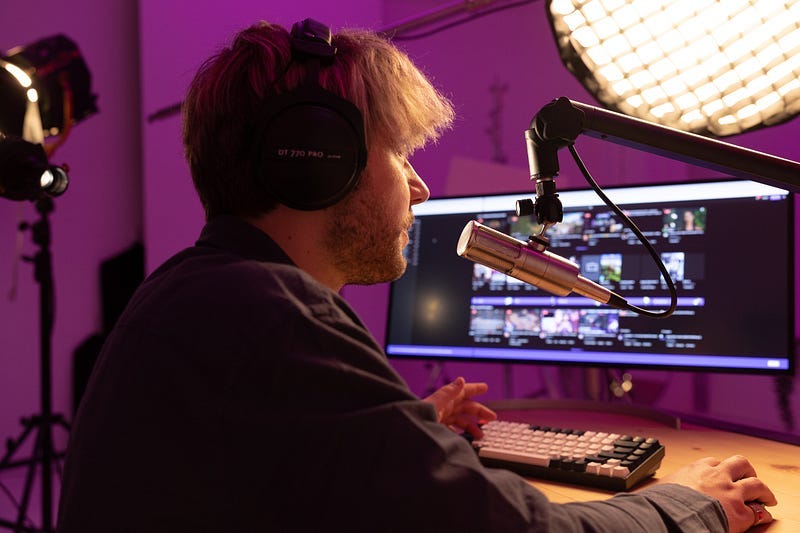AI is Revolutionizing Video Creation. Here's Why This is Good for You
Becoming a video creator has become easier than ever.

I love reading articles and listening to podcasts, but let’s face it, video is the type of content most people consume on a daily basis.
Whether it’s a short TikTok clip or a long YouTube video, video content is the go-to for both education and entertainment. That said, making videos isn’t easy. You need to buy ex…


